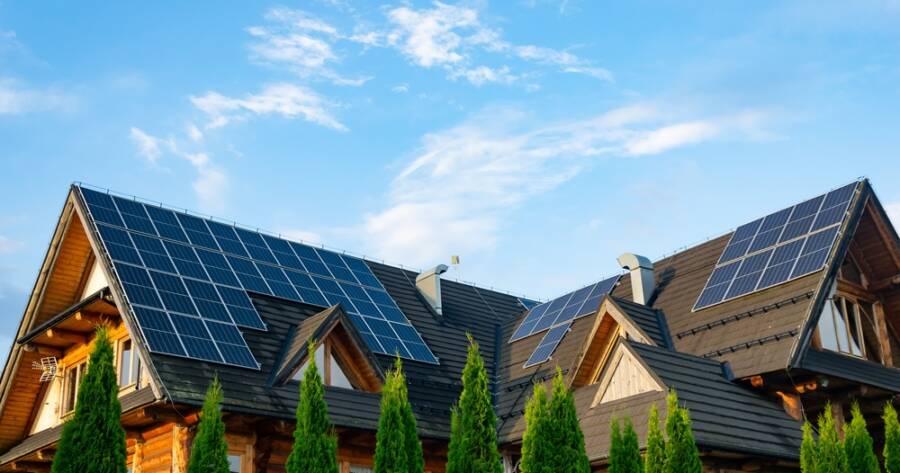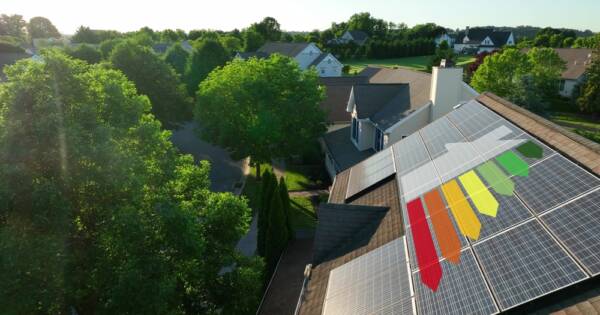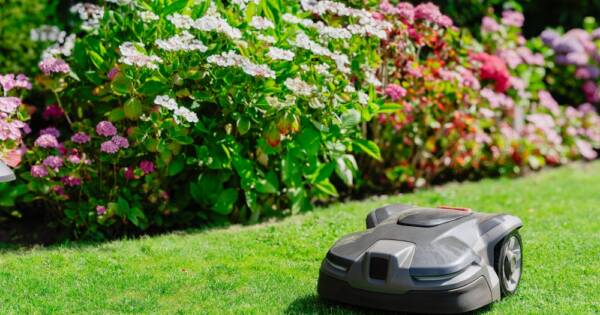As global awareness of environmental issues grows, many homeowners are considering solar panels as a potential solution to help reduce their carbon footprint. Residential solar panels offer a renewable energy source that could significantly impact the planet’s well-being. By harnessing sunlight to generate electricity, panels might provide numerous ecological advantages. Understand the environmental benefits of solar panels and how their installation could contribute to a more sustainable future for everyone.
Reduction in Carbon Footprint
Solar panels contribute to a reduction in carbon footprint by generating clean energy. Unlike fossil fuels, solar energy doesn’t emit greenhouse gases, and using it might help mitigate climate change. Every kilowatt-hour produced by solar panels could replace energy that would otherwise come from coal and natural gas plants.
The process of generating solar energy is silent and pollution-free. Installing solar panels might lower household emissions significantly, particularly in regions that rely on coal-driven electricity. By reducing reliance on conventional power sources, solar panels can potentially facilitate cleaner air and a healthier environment.
Conservation of Natural Resources
Harnessing solar energy may contribute to the conservation of valuable natural resources. Traditional electricity production often involves the consumption of water for cooling and steam generation. In contrast, solar panels require no water during the energy conversion process, potentially easing pressure on water resources.
Solar energy also reduces dependency on finite resources like coal, oil, and natural gas. These resources are not renewable, and their extraction and use have environmental repercussions. By utilizing solar power, communities might decrease demand for these resources, promoting sustainability and resource conservation.
Decreased Air Pollution
Air pollution is a pervasive issue with direct links to health problems and environmental damage. Solar panels could help address this issue by providing an alternative to fossil fuel combustion. Traditional power generation releases pollutants such as sulfur dioxide and nitrogen oxides, contributing to smog and acid rain.
Switching to solar energy might decrease the need for air-polluting energy sources. The reduction in emissions could lead to cleaner air, potentially lowering health risks associated with poor air quality. Fewer pollutants in the air may also benefit plant life and ecosystems, promoting biodiversity and ecological balance.
Minimization of Land Disruption
Traditional energy extraction methods, such as mining and drilling, often disrupt landscapes and ecosystems. Solar panels, conversely, can be installed on existing structures like rooftops, minimizing land usage. By employing already-developed areas, solar panels might reduce the need for habitat destruction.
Furthermore, solar farms have the flexibility to coexist with agricultural uses, providing dual land benefits. In some cases, land beneath panels can be used for crops or livestock grazing, optimizing land resources. This harmonious land use might reduce the environmental impact of conventional energy production methods.
Renewable Energy Reliability
Solar panels capitalize on the sun, a consistent and predictable energy source. While sunlight availability isn’t uniform across all regions, technological advances have made solar panels more efficient. Enhanced efficiency could ensure reliable energy production even in less sunny climates.
Battery storage systems are increasingly used to capture and store surplus energy generated during sunny periods. These systems might provide power during cloudy days or nighttime, ensuring a steadier supply. By integrating stored solar energy into the grid, homes might achieve greater energy independence and stability.
Economic and Community Impact
The installation of residential solar panels can also yield positive economic and community effects. By generating their electricity, homeowners might reduce utility costs and potentially add value to their property. Savings over time may outweigh initial installation expenses, encouraging wider adoption.
On a larger scale, increasing solar energy reliance could help stabilize energy prices. As more households adopt solar power, the consolidated demand for conventional electricity might decrease. This trend could signal a positive shift toward more affordable and sustainable energy solutions for communities.
Sustainable Future Promotion
Installing residential solar panels is a step toward fostering a sustainable future. It reflects a commitment to environmental responsibility and encourages a shift toward renewable energy on a larger scale. Each solar-powered home serves as a testament to the feasibility of integrating clean energy into daily life.
As more individuals and communities embrace solar energy, their collective impact might inspire policy changes and technological innovation. By setting an example and promoting renewable energy, homeowners can contribute to a movement that prioritizes ecological wellbeing for future generations.
Learn More Today
Residential solar panels offer a multitude of environmental benefits, from reducing carbon emissions to conserving natural resources and minimizing land disruption. By choosing solar energy, homeowners might make a meaningful contribution to cleaner air, reduced pollution, and sustainable practices.
Besides environmental impacts, the technology can also bring economic advantages, enhancing energy independence and promoting community resilience. Embracing solar power reflects an investment in the planet’s future, encouraging others to consider renewable energy. As society embraces these changes, individual choices could inspire broader shifts toward environmentally responsible living.





